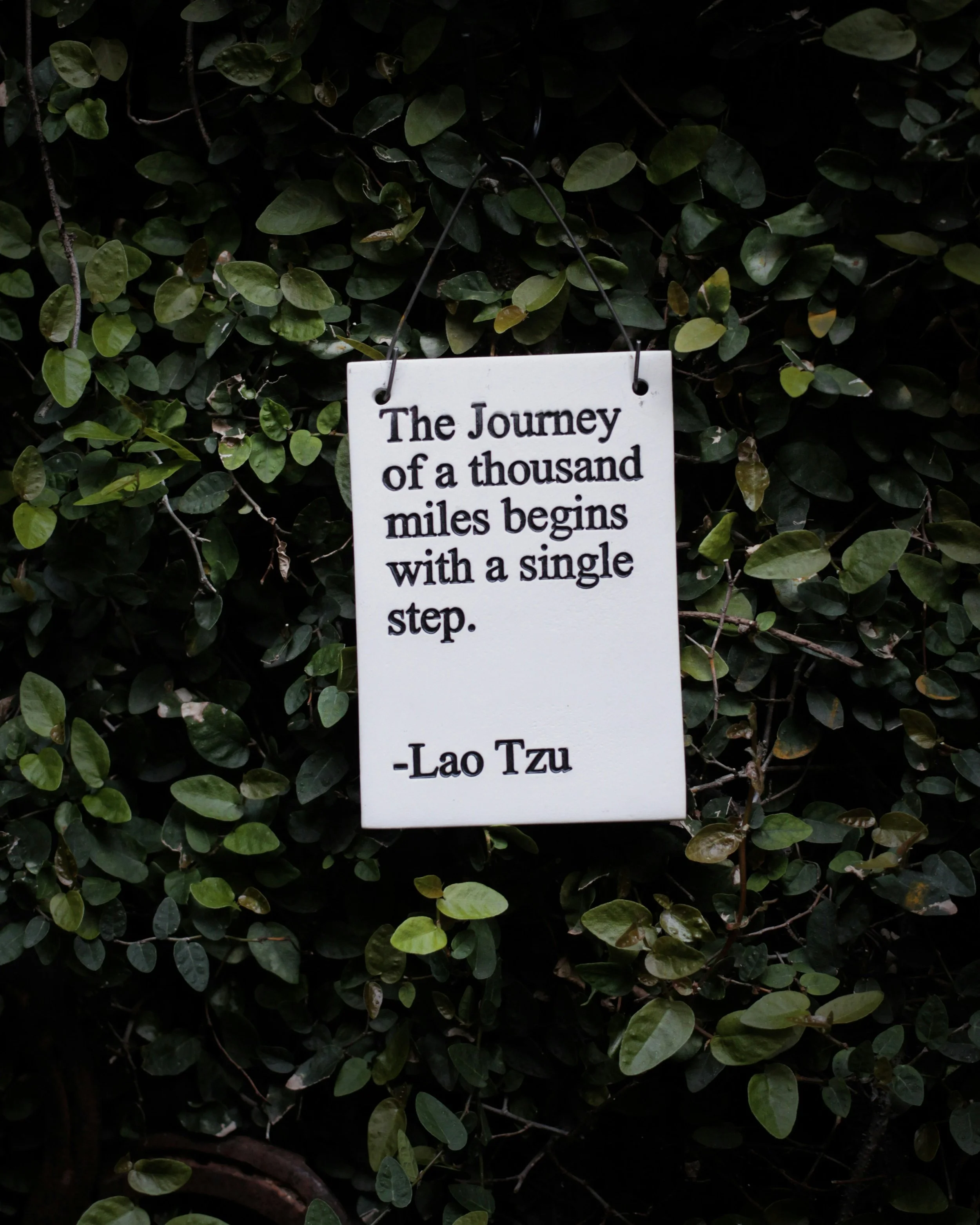Is Curiosity your superpower?
Are you a curious person? Do you go down the rabbit hole when you are interested in a topic? Curiosity is a superpower, in my opinion. Seriously. I am a voracious reader, sometimes a book a week. It’s all fiction - usually historical fiction mysteries. When it comes to non-fiction, I often listen instead of reading text. I’m that annoying friend who finds an article or podcast and forwards it to people I think will be interested. And then I ask them if it resonated and see if they want to discuss it.
The more curious I become, the more life opens up for me.
I encourage you to get curious. Take a course. Read a book. Listen to a podcast or an audiobook. Ask questions of friends and strangers alike. Get to know people.
What are some benefits of being curious, you ask? Well, there are many.
Enhances Learning and Knowledge: Curiosity drives us to explore unfamiliar topics, which actually strengthens our capacity to learn. We also absorb information more effectively when we are genuinely interested in a given subject matter. Have you ever read a paragraph numerous times because you just can’t seem to absorb it? You might have too much on your mind or you are just not that interested in the topic.
Improves Problem-Solving Skills: Curiosity allows us to approach challenges with a fresh perspective. We tend to consider multiple angles, making it easier to find innovative solutions. Ever had an aha moment about an issue you are trying to solve? That’s you being open to options!
Strengthens Relationships: Asking questions and showing genuine interest in others’ lives and experiences can deepen our connections. Curiosity helps us understand and empathize with others, which builds trust. Have you ever found out something about someone that was surprising? How did you not know that about them?!
Fosters Personal Growth: Curiosity prompts self-reflection and exploration, allowing us to better understand our strengths, weaknesses, and passions. It encourages us to step out of our comfort zones and embrace change, which is pretty essential for personal development.
So, how does one cultivate curiosity?
Ask Open-Ended Questions: Instead of focusing on yes-or-no questions…
How a coach can support you in navigating life’s challenges
I first worked with a coach in 2015. My coach, Scott, supported me in building my freelance business. I had been a successful producer for close to 15 years by then. Yet, every time I relocated, I had to establish myself in a new city - no small task. One of the first steps was to list my goals. Mine were to build confidence and trust in what I bring to the table professionally, develop plans to strengthen and expand my skill set, and learn to focus on the things that matter most professionally.
Scott is a fantastic coach and helped me identify my true strengths as a producer and own them. In other words, I became confident in my abilities and learned to trust my instincts. He was instrumental in helping me learn how to promote myself effectively. I also stopped avoiding the more challenging parts of being a freelance professional. Scott didn’t just focus on the professional side of things. He also helped me find balance in my life. I tended to be all work and very little play. He helped me understand that this imbalance did not serve me and that finding a balance socially, physically, and spiritually was just as important.
There are all types of coaches in the world - some focus on your physical or emotional well-being, some focus on your professional well-being, and others may be generalists. No matter their focus, they will provide guidance and support through the practice of intentional listening, reflection, goal setting, and accountability.
Here are a few ways a coach can support you.
Clarifying Goals and Vision: A life coach helps you define what you truly want. For example, you may want a new career, to navigate your job more effectively, to live a healthier life, to find your purpose, or to improve your relationships. No matter your intention, your coach will support you by asking insightful questions, listening without judgment, and providing structured tools.
Overcoming Obstacles and Limiting Beliefs: We all have beliefs…
Choose Love: A video Message
When the world feels unstable and filled with uncertainty, the choices we make are often rooted in love or fear. Choosing love means approaching life with compassion, understanding, and connection. It allows us to stay grounded, think clearly, and offer support to others. In contrast, fear tends to isolate us, heighten anxiety, and create barriers.
My second video message this month is about choosing love as your default response. A lot of people are choosing fear as their go-to reaction and fear begets more fear. It limits potential and breeds stress and the effect is cumulative.
Alternatively, by choosing love, we cultivate resilience, foster peace, and open ourselves to possibilities even in difficult times. It encourages collaboration and problem-solving while nurturing a sense of inner calm…
Why is it so hard to ask for help?
Are you the independent type? The one who rarely asks for help? The one who takes pride in being able to tackle any problem on their own? I was that person. I was fiercely independent. I didn’t want to inconvenience anyone. I spent wasted energy on figuring things out on my own. I saw needing help as a weakness. Truthfully, I thought I would be judged as weak or incapable if I asked for assistance.
I'm not sure exactly when I shifted my mindset. There wasn't a single event that made me realize asking for help isn't a sign of weakness—it's simply acknowledging that I need support.
All I know is that it opened the door to all sorts of good stuff. I didn’t have to do everything alone. I didn’t have to spend an inordinate amount of time figuring things out. After all, two heads are better than one! It led me to seek new communities. It made me a better team player. It brought joy to my life. We aren’t meant to handle all of life’s challenges on our own.
Here are some tips for those of us who find it challenging to ask for help...
Lessons on Self-Judgment and staying grounded in unsettling times - A video message
I am going to tackle a couple of topics: fear of judgment and the importance of feeling grounded during unsettling times.
I’ll start by sharing a personal story about my experience with judgment. I have wanted to add video content to my blog for a very long time and have been 𝘁𝗲𝗿𝗿𝗶𝗳𝗶𝗲𝗱 𝘁𝗼 𝗿𝗲𝗰𝗼𝗿𝗱 𝗮𝗻𝘆𝘁𝗵𝗶𝗻𝗴. The ironic part is that I was a producer for 20+ years, so I know how to do this. It didn't matter. Knowing I am an expert in this field just made me more nervous.
I finally got up the nerve to record my first video 𝙖𝙣𝙙 𝙩𝙝𝙚𝙣 𝙩𝙝𝙚 𝙟𝙪𝙙𝙜𝙢𝙚𝙣𝙩 𝙗𝙚𝙜𝙖𝙣. I don't look very good. The audio and lighting could be better. The picture quality is not great. I don't like how I positioned myself in front of the camera. I don't like the background. Is the content compelling enough?
Here's the thing. 𝗪𝗲 𝗮𝗿𝗲 𝗼𝘂𝗿 𝗼𝘄𝗻 𝘄𝗼𝗿𝘀𝘁 𝗰𝗿𝗶𝘁𝗶𝗰𝘀. 𝗬𝗼𝘂𝗿 𝘄𝗼𝗿𝗸 𝘄𝗶𝗹𝗹 𝗻𝗲𝘃𝗲𝗿 𝗯𝗲 𝗴𝗼𝗼𝗱 𝗲𝗻𝗼𝘂𝗴𝗵 𝗶𝗻 𝘆𝗼𝘂𝗿 𝗲𝘆𝗲𝘀. Am I right?
making decisions with your heart
In the midst of analyzing a spreadsheet full of career options, pros, cons, and practical considerations with my client, I noticed something missing: the heart. We were fully immersed in the logic and next steps but the emotional and intuitive aspect of decision-making was left out.
It’s easy to forget how powerful the heart is when making choices, especially in something as monumental as a career change. I dare to say you should consider your heart in almost any decision you make from what ice cream flavor you want to bigger decisions that impact you as well as everyone around you.
Honestly, why wouldn’t you add your heart to the mix? After all, major life decisions like switching careers, relocating, retiring, or beginning a new relationship all deserve to be viewed through your heart. Heart-centered decisions resonate on a deeper level. You are not only considering external success. You are considering internal fulfillment.
Asking questions like “What would your heart say?” and “What would your heart do?” seem pretty relevant to major decisions. You are thinking about committing to something big. It is a 24/7 change. It will affect how you view yourself, how you live your life, and how you interact with others. It will affect your emotional and physical well-being. It should feel right—not just logically, but emotionally.
You are probably asking “How do I ask my heart if I am making the right decision?”, “What if my heart says no to a decision I thought I should make?”, “What if I’m not sure?”
Here are a few things to consider when making heart-centered decisions...






